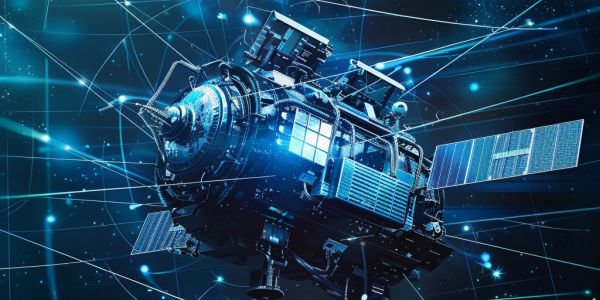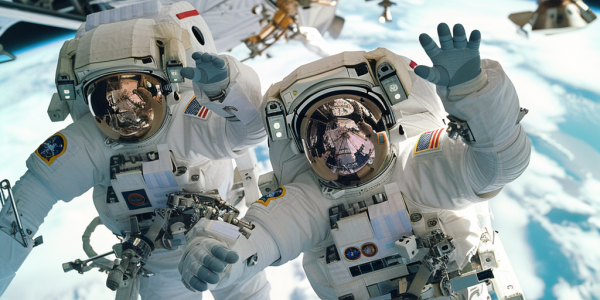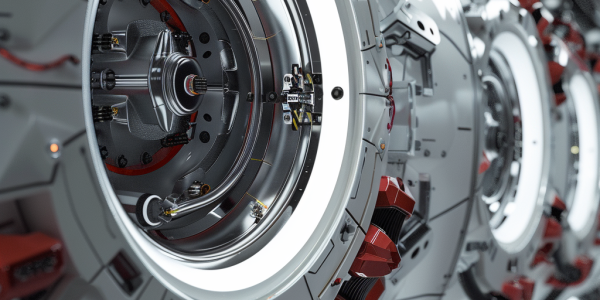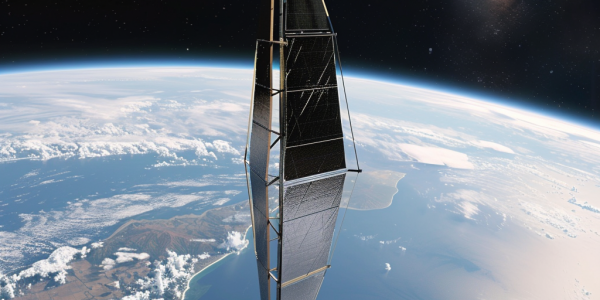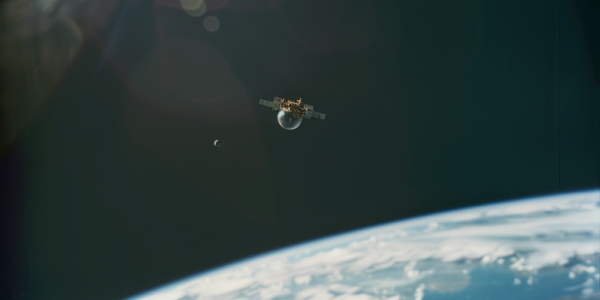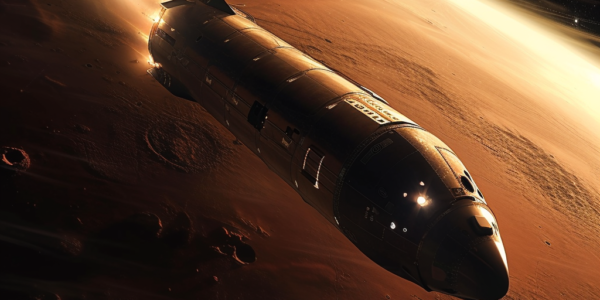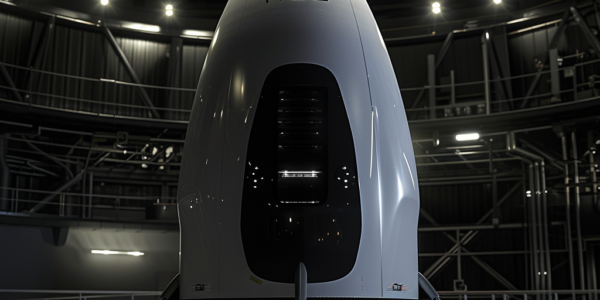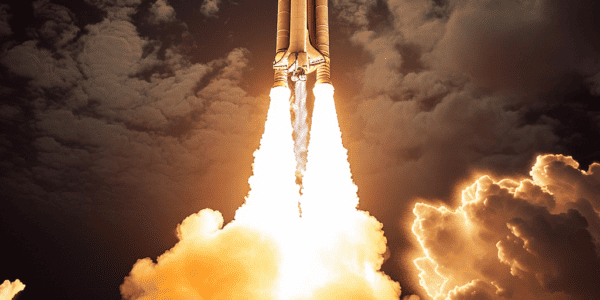NASA’s Artemis Accords Foster Global Collaboration in Space Exploration
NASA’s Artemis Accords are transforming space exploration through unprecedented global collaboration, aiming to return humans to the Moon by 2026. With 45 nations now signed on, including recent additions like Estonia, the program emphasizes inclusivity and peaceful exploration. Bill Nelson, NASA’s head, champions the spirit of cooperation, stating, ‘We go together.’ As the Artemis program progresses, international partnerships are essential for addressing challenges in deep space exploration and ensuring that the benefits of space travel are shared globally.
Evolution of AI in Intelligence Analysis
Discover the history of artificial intelligence (AI) in analyzing satellite photos, from the early Perceptron model in the 1950s to the latest large language models like GPT-4. Explore how AI has evolved to support human decision-making in intelligence analysis and surveillance, while also raising questions about autonomous capabilities.
Are Women Better Suited for Space Travel? Study Suggests Female Immune System Tolerance to Spaceflight
Recent study suggests that women may be more tolerant to the stresses of space travel than men, with sex-dependent differences in response to spaceflight. Understanding sex-specific immune responses to space conditions is crucial for the health of future astronauts and the future of space exploration.
Voyager Space and NASA Collaborate on Mars Transit Vehicle Airlock Development
Voyager Space partners with NASA’s Marshall Space Flight Center to develop ‘Red Knight,’ a new airlock for the Mars Transit Vehicle. The collaboration aims to enhance capabilities for future missions, showcasing a commitment to advancing space exploration technologies.
NASA Launches Solar Sail Test to Revolutionize Space Travel
NASA’s latest test of solar sail propulsion technology, the Advanced Composite Solar Sail System (ACS3), aims to revolutionize space travel. With a reflective polymer sail and carbon fiber composite boom, the ACS3 addresses previous issues with metal booms warping in space. Solar sail-powered spacecraft offer advantages like indefinite travel and remarkable speeds, though challenges like reduced effectiveness at greater distances from the sun exist. Despite drawbacks, the potential for cost-effective planetary missions using solar sails is promising, with projects like the Berkeley Low-cost Interplanetary Solar Sail (BLISS) envisioning fleets of solar sail-powered probes exploring near-Earth asteroids and comets.
Artemis Astronauts’ Moonwalk Should Include Zoom Call for Students
Artemis astronauts are scheduled to walk on the moon in late 2026, conducting scientific exploration and leaving behind instruments for long-term study. But in addition to their mission objectives, they should also engage with young students around the world through a ‘Ask the Artemis Astronauts’ event, providing inspiration for the new generation of explorers.
China Attempts to Salvage Stranded Spacecraft Intended for Moon
China is making efforts to salvage spacecraft stranded in lunar orbit after a rocket malfunction. The spacecraft, initially intended for the moon, have been tracked in a high Earth orbit, indicating an attempt to save the mission. This suggests China’s commitment to the success of its space missions and a potential recovery of the spacecraft’s original purpose.
NASA Requests Private Space Companies for Mars Missions
We are one step closer to a private, for-profit, libertarian utopia on Mars as NASA’s Jet Propulsion Laboratories has requested private space companies to outline how they would complete one of four different missions to the Red Planet, as reported…
Intuitive Machines’ IM-1 Lunar Lander Mission Prepares for Mid-February Launch
Final preparations are underway for the launch of Intuitive Machines’ first lunar lander mission, the IM-1, in mid-February. The mission will carry payloads from NASA’s Commercial Lunar Payload Services (CLPS) program as well as for commercial customers. Joel Kearns, deputy…
Should Rocket R&D Become a New Priority with U.S. Reliance on SpaceX?
Covering the business and politics of space With the U.S. increasingly reliant on SpaceX, should rocket R&D become a new priority? January 17, 2024 With the U.S. government’s increasing reliance on SpaceX for space launch services, concerns have been raised…


